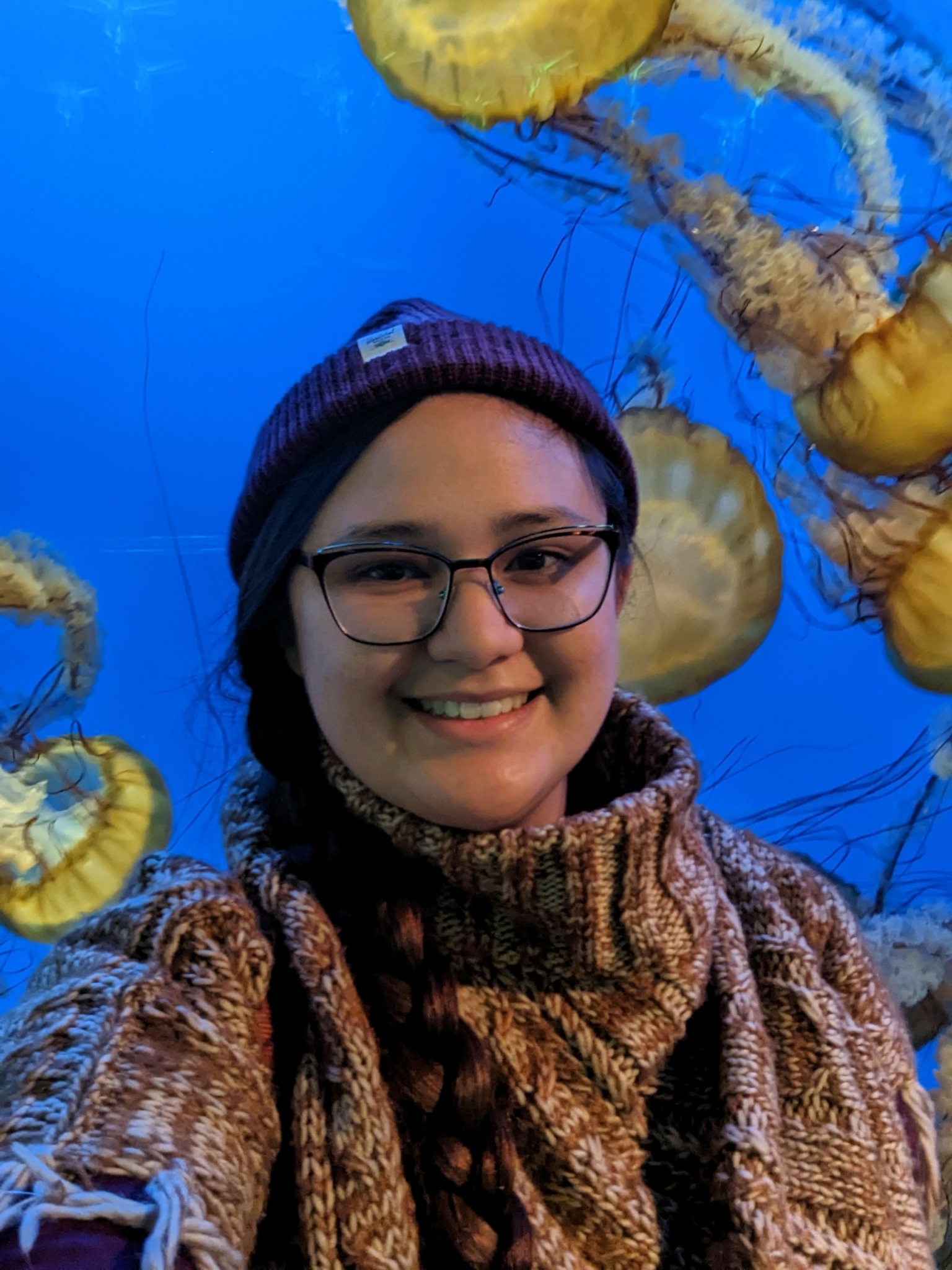Alright – so today we’ve got the honor of introducing you to Alexandria Simmons. We think you’ll enjoy our conversation, we’ve shared it below.
Alexandria, looking forward to hearing all of your stories today. Do you feel you or your work has ever been misunderstood or mischaracterized? If so, tell us the story and how/why it happened and if there are any interesting learnings or insights you took from the experience?
Yes. My best writing tends to come from a place of emotional complexity—when I feel something deeply but can’t quite articulate it until I sit down and write. That process is often cathartic, and in many ways necessary. Over time, I came to understand that what I was doing wasn’t just personal processing, but a kind of truth-seeking—particularly around identity, belonging, mental health, and the often-unspoken struggles of being a mixed-race American woman raised in a military family.
At times, my work has been mischaracterized—sometimes subtly, sometimes overtly. One common point of misunderstanding has come from people who believe I lack the authority to speak on cultural identity because I am of mixed heritage. There’s an assumption that my bloodline somehow disqualifies me, that not being “pure” makes my perspective incomplete or inauthentic. It’s a painful misconception, and one that forced me to think deeply about voice, ownership, and legitimacy.
I’ve also faced misunderstanding around my upbringing. Being a military child meant growing up with a different kind of structure, absence, and emotional vocabulary. When I write about my father’s deployments or the emotional complexity of patriotic love, it sometimes doesn’t land with readers who haven’t lived it. But that doesn’t mean it’s not real. Interestingly, I’ve also experienced criticism from within the military community itself—from those who’ve dismissed my perspective because I was “only a dependent,” or disapproved of my work for being, in their eyes, ungrateful. I don’t deny the great opportunities I’ve received through my connection to the military, but that doesn’t mean I can’t examine the cost. Some critics have even labeled my work as unpatriotic for expressing grief, frustration, or emotional conflict tied to my family’s military life. But in my experience, children and spouses make real sacrifices, even if they don’t wear the uniform. That tension—of being close to the institution, yet not fully embraced by it—has shaped much of my writing. It’s often reflective, and sometimes sharply critical, of what those sacrifices look like for the ones left behind. Over time, I’ve become more intentional about not writing for understanding or approval, but writing from truth. That clarity has been freeing.
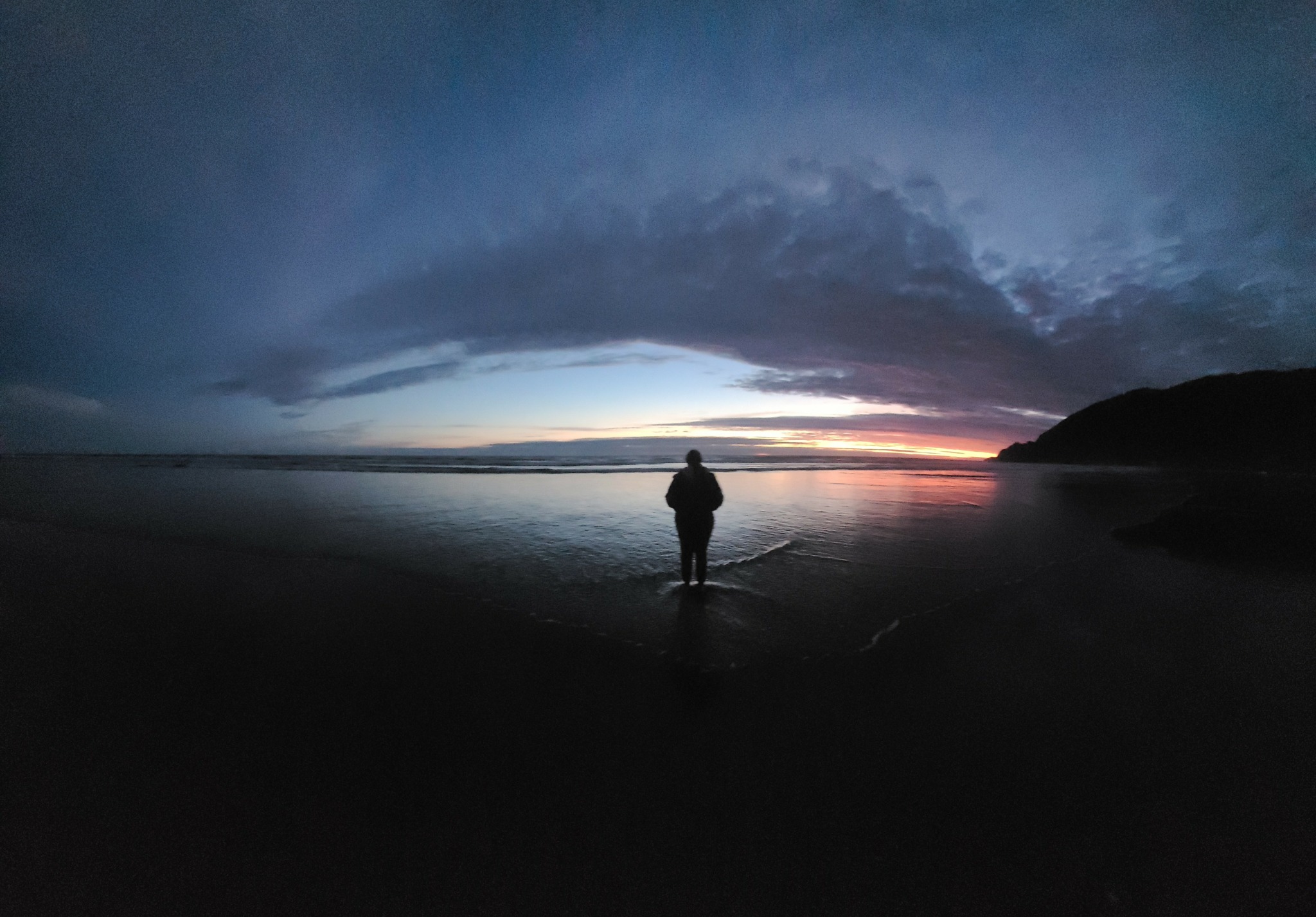
As always, we appreciate you sharing your insights and we’ve got a few more questions for you, but before we get to all of that can you take a minute to introduce yourself and give our readers some of your back background and context?
I’m a storyteller by necessity, not just by trade. I didn’t initially set out to be a writer—I set out to make sense of my life. But after nearly three decades and thousands of dollars in education, I found that the most poignant truths I could offer often emerged through stories. My writing is also shaped by a love of folklore, which began when I first read La Belle et la Bête. The older version, far more somber than the fairy tale we know today, made me curious about how stories reflect the cultures that tell them—especially through a woman’s perspective. My themes revolve around the things I’ve lived and questioned—spirituality, sex, societal norms, mental health, culture, and identity—all woven through a background shaped by military life and mixed heritage.
I tell stories and write poetry, often through the accessible lens of fiction, though nonfiction and memoir are never far behind. What sets me apart is the lens I write through—one shaped by dualities and intersectionality.I’m proudest of the moments when readers tell me they felt seen. Even if they didn’t share my exact experience, something resonated—and that’s the point. My goal isn’t to give people the answer, but to invite them along as I ask big questions. If my writing helps someone reflect on their own story, that’s a win. And if it simply provides a moment of recognition or emotional clarity, that’s a gift. Above all, I want readers to know that I write from a place of truth and vulnerability. Whether it’s fiction or memoir, my work is an offering—a conversation starter for those asking similar questions of the world, their families, and themselves.

Are there any books, videos or other content that you feel have meaningfully impacted your thinking?
While I can’t point to a single book or video that defines my creative or professional philosophy, I’ve found that consuming thoughtful media is essential to my work as a writer. As a creator, I’m always paying attention to what draws me in—what moves me, challenges me, or makes me pause. Inspiration is what gives art life, and I believe that in order to create, you must also stay open to being moved by others’ work.
When writing for younger audiences, I often immerse myself in the kinds of media created for them—not just to understand the genre or trends, but to engage with the emotional truths being explored. It means paying attention to new themes or watching how old concerns evolve over time. Good media—whether it’s a book, a scene in a film, or even a moment of dialogue—often helps me reconnect with my own stories. It makes me stop and reflect on why I felt heard in that moment or seen by that character.
If I had to point to a few specific sources of inspiration, I’d highlight She-Ra, the Brothers Grimm, the Red Rising series by Pierce Brown, The Hunger Games by Suzanne Collins, The Night and Its Moon series by Piper CJ, the collective works of Margaret Atwood, The Infernal Devices trilogy by Cassandra Clare, I’m So Fine by Khadijah Queen, and the poetry of Martín Espada. Each of these has shaped my creative thinking in unique ways—whether through the exploration of deep emotional complexity, fantastical world-building, or a powerful use of language and social commentary.
This philosophy was heavily nurtured during my time at the University of Washington Bothell in their MFA program, where I was mentored by Ching-In Chen and Amarose Borsak. Their guidance helped me see the value in consuming stories thoughtfully and using that consumption to fuel my own creative work.
This kind of intentional consumption becomes a tool for reflection and connection. It reminds me that storytelling is always a conversation, and that being a good listener—as a reader, viewer, or observer—is just as important as having something to say.
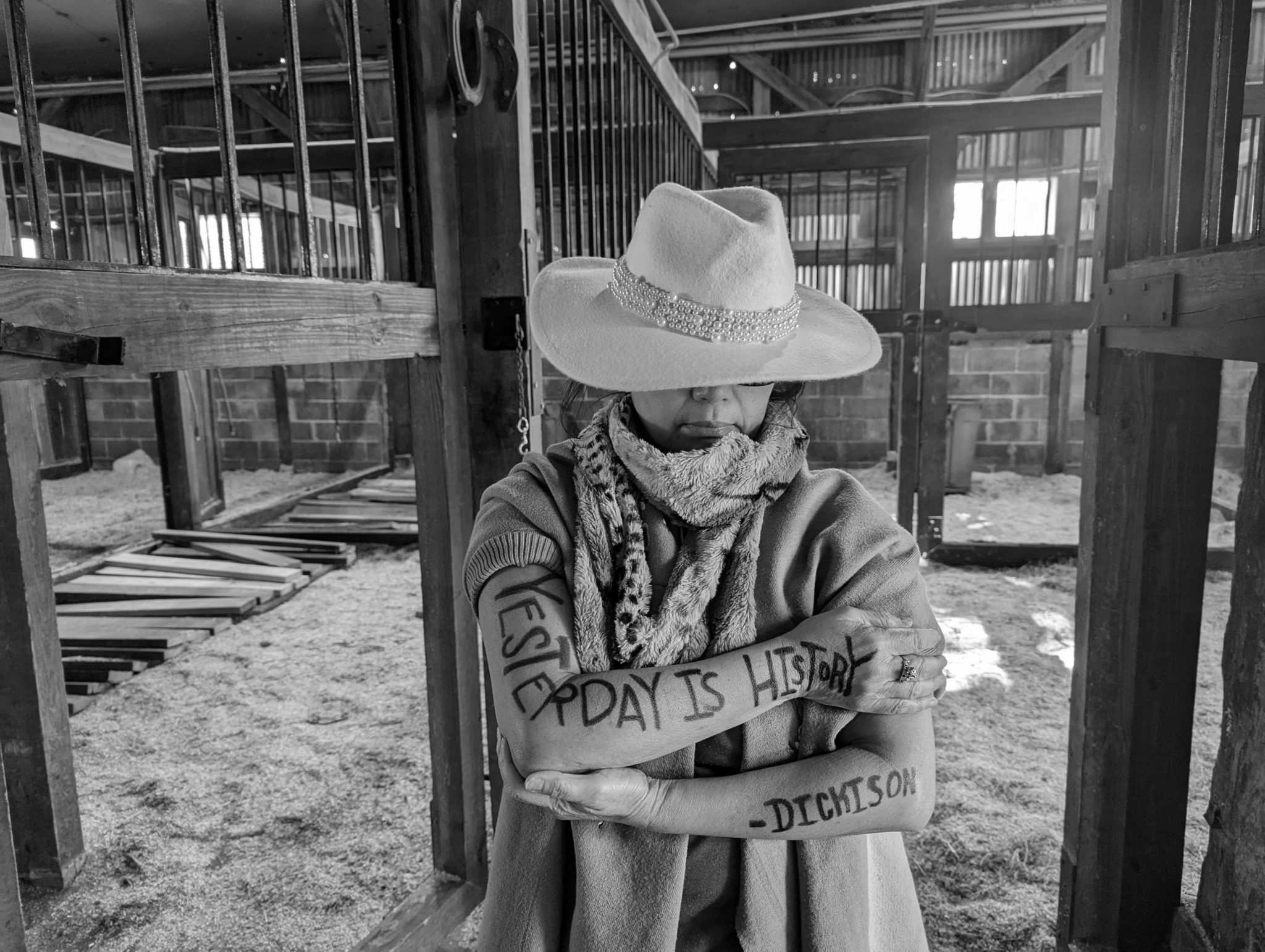
Any resources you can share with us that might be helpful to other creatives?
One thing I wish I’d understood earlier is just how intimidating opportunities can be. Imposter syndrome is still something I wrestle with—it’s tough to shake the feeling that my writing won’t reach anyone. But I’ve learned that the only way forward is to push through that fear. If I don’t try, I won’t get anywhere, and I won’t meet the people who ask the same questions about the world that I do.
Being a creative is hard. It takes more than passion—it takes hard work, discipline, and often, a bit of luck. I found other passions, like event planning, that allow me to tap into my creativity in unexpected ways. I didn’t get my current job because I’m a writer; I got it because I worked hard to build a diverse skill set and pushed myself to gain new experiences. Some attempts at new things was a success and some were failures, but I learned something new either way.
A huge part of my journey has been my support system. My family didn’t always understand my choices, but they supported me in following my creative instincts, even when it seemed risky. I’m also lucky to have friends who know that when I’m focused on creating, I might not always be the best at keeping in touch—but they understand and stick with me.
Finally, I invested in building a creative community. I founded the Institution of Collaboration, a group of friends who work in different media and give each other feedback. That connection has been invaluable. And I also started a book club, where I’m creating a Reading Journal that encourages readers to engage with books in new ways. At the end of the day, your biggest opponent is yourself and luck. You can work hard, build your community, and pursue your passions, but it’s not always smooth sailing. That’s where the right support and persistence make all the difference.
Contact Info:
- Website: https://cwalexandriasimmons.wixsite.com/about-me
- Instagram: @styx_and_labyrinth
- Linkedin: https://www.linkedin.com/in/alexandria-simmons-759999139/
- Youtube: https://www.youtube.com/channel/UCjTRB22-wxrg-y1lw5OAU1Q
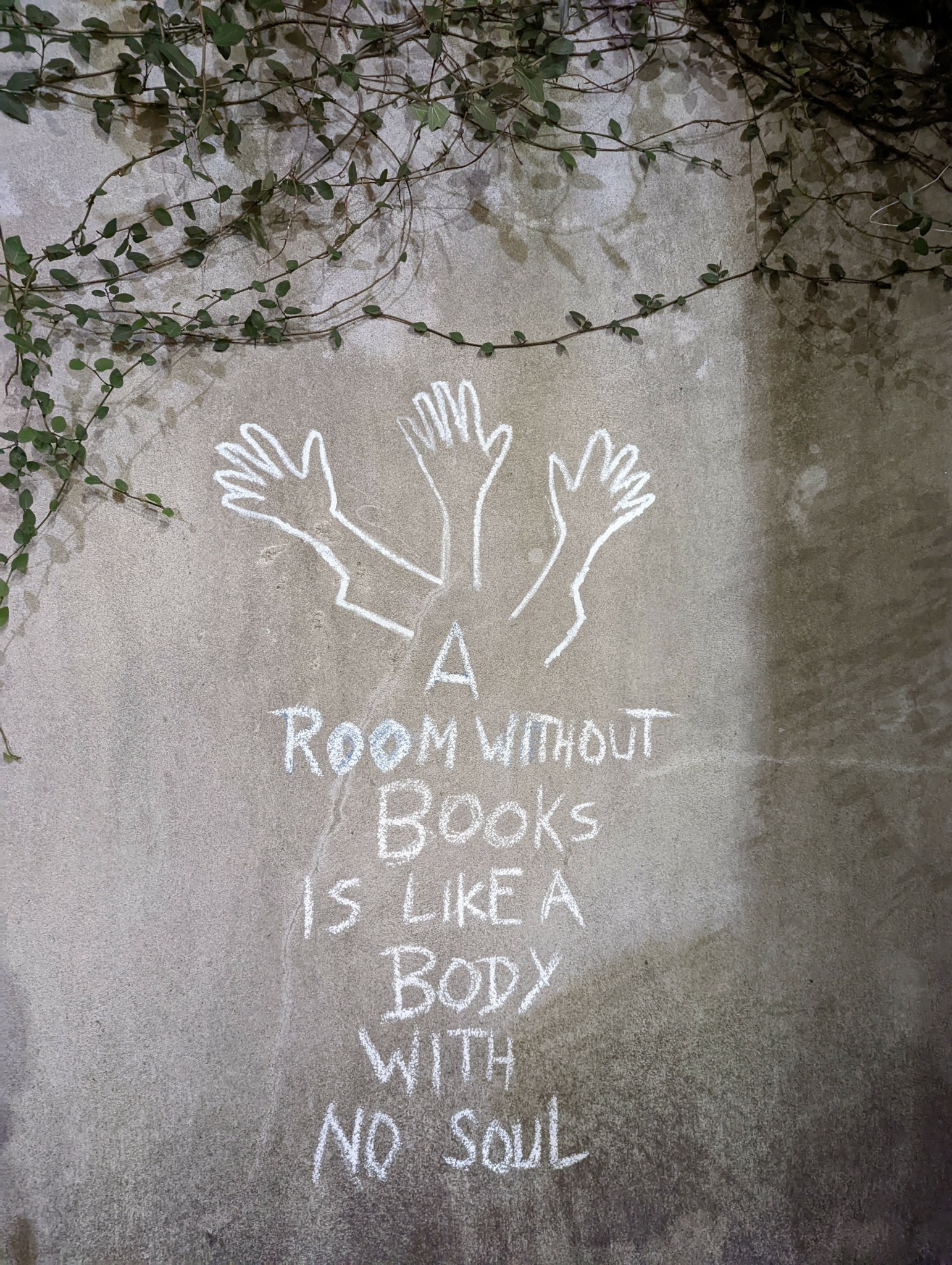
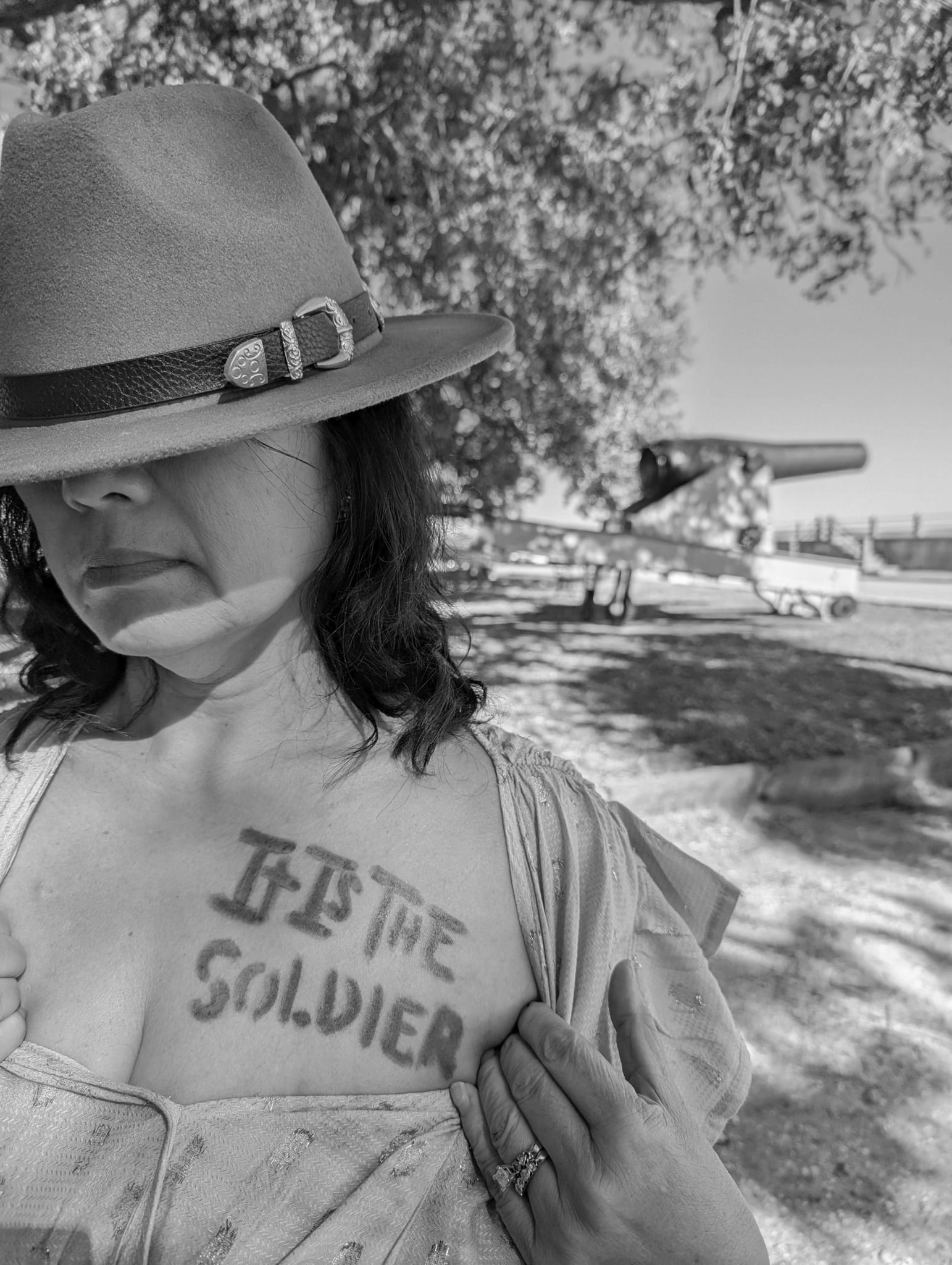
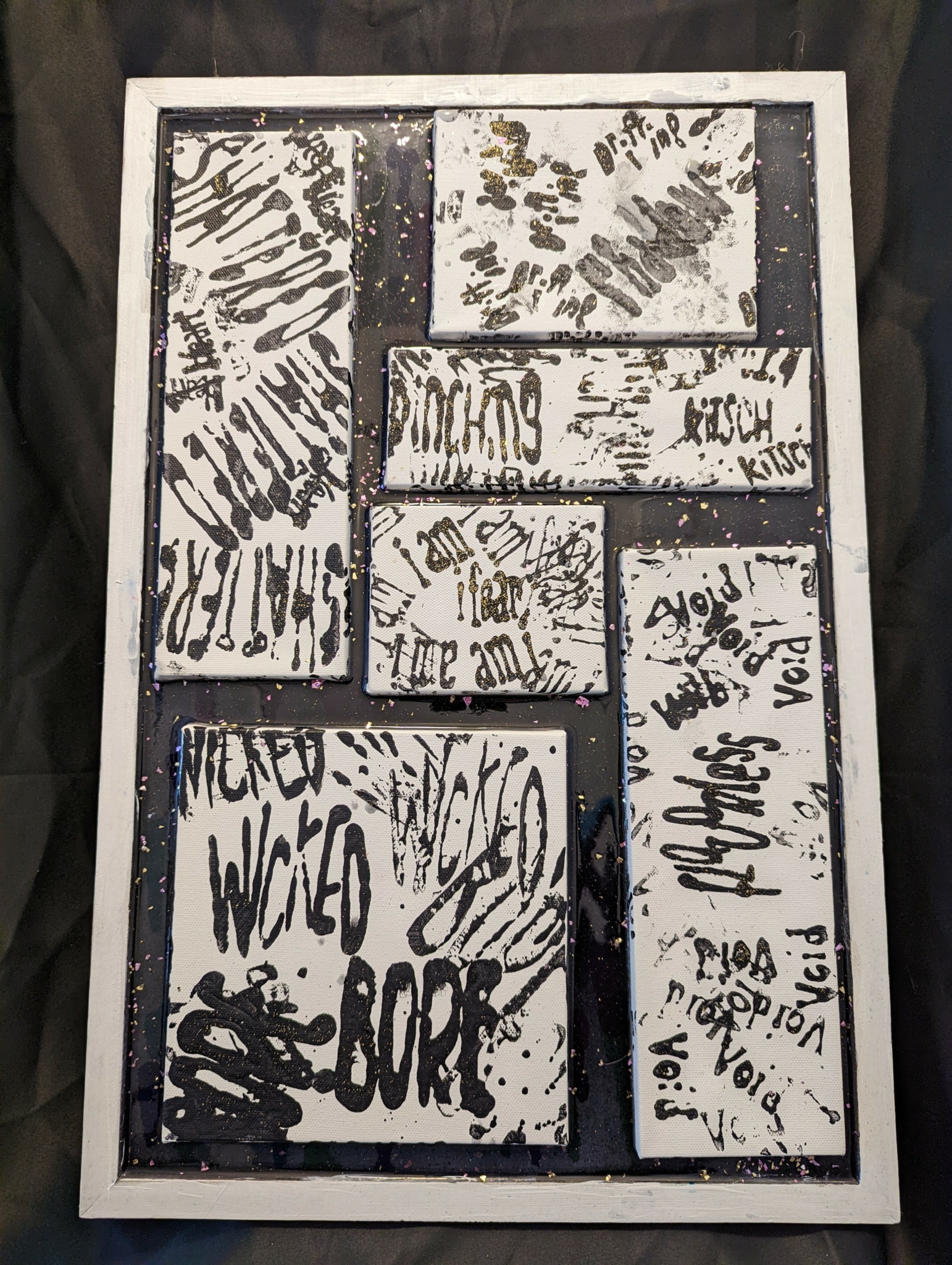
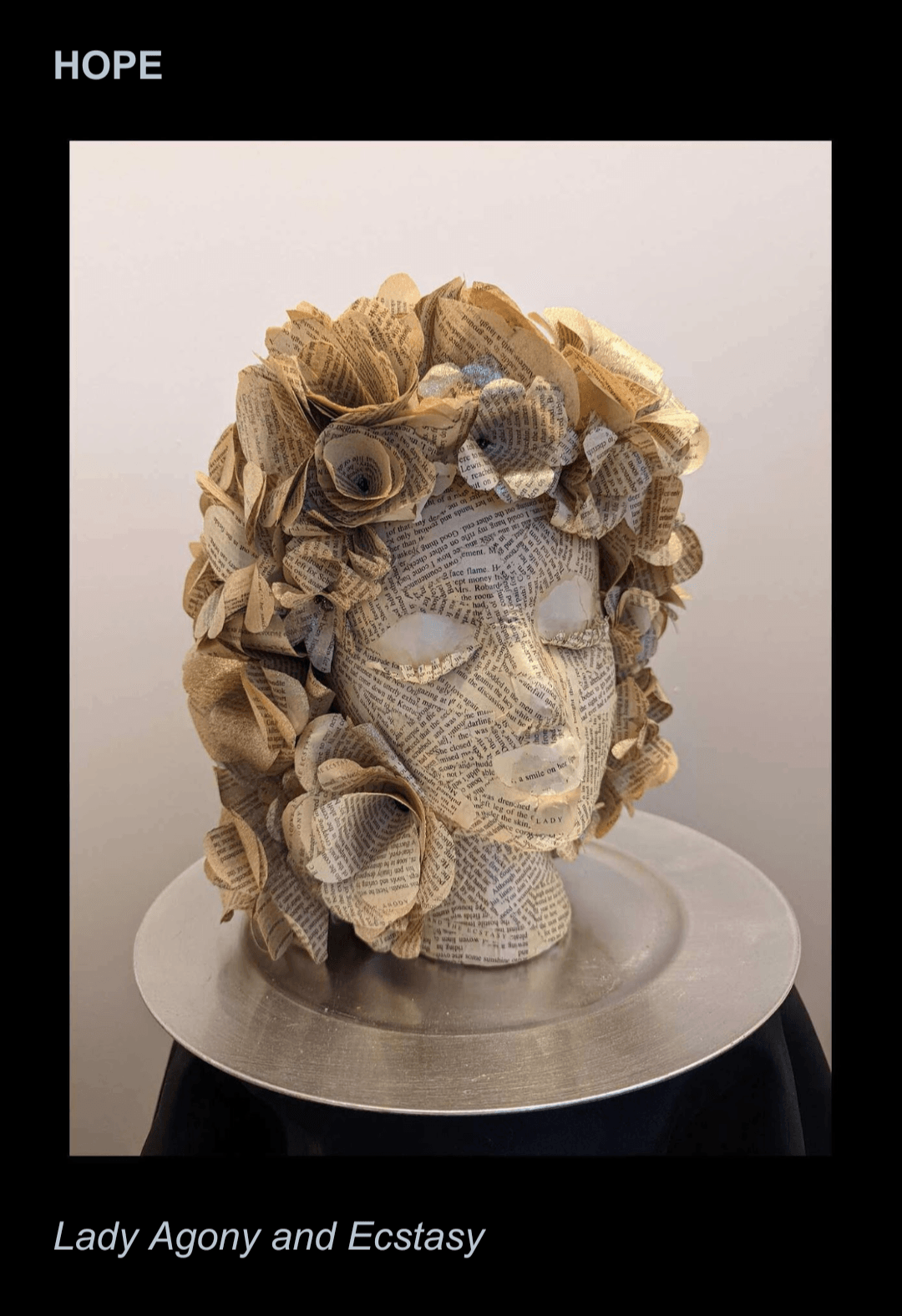
Image Credits
NA, all photos were taken by me.


